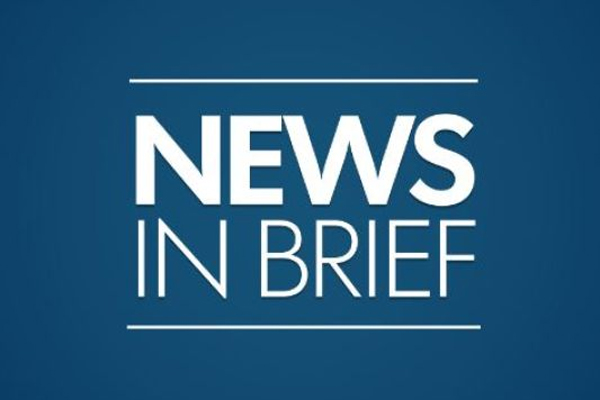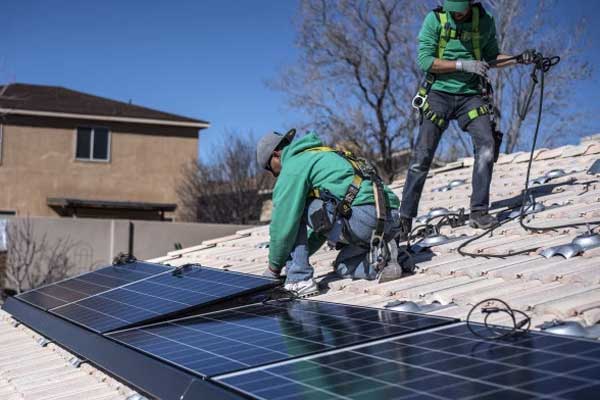Global clean energy investment in 2017 increased to USD 333.5 billion (EUR 272bn), in spite of a continuing drop in solar costs per MW, show figures from Bloomberg New Energy Finance (BNEF) released Tuesday.
Investment in renewable energy and energy-smart technologies last year was 3% higher than 2016 investment levels, mainly thanks to “an extraordinary boom” in photovoltaic (PV) capacity additions in China. “The 2017 total is all the more remarkable when you consider that capital costs for the leading technology – solar – continue to fall sharply,” said BNEF’s CEO Jon Moore.
Regardless of the cost reductions, global solar investment in 2017 improved by 18% on the year to USD 160.8 billion, of which some USD 86.5 billion was spent in China. The Asian country installed 53 GW of fresh PV capacity last year, thus lifting solar investment by 58% on a yearly basis. The expansion there came as local regulators were slow to put a limit on the deployment of utility-scale PV projects outside allocated government quotas and the lack of a cap for distributed generation capacity.
INVESTMENT CATEGORY
As usual, the largest category of clean energy investment in 2017 was asset finance of utility-scale renewable energy projects of over 1 MW. At USD 216.1 billion, it was up fractionally as compared to 2016. With USD 160.8 billion in attracted financing, solar was the leader with a 48% share of the total clean energy investment in 2017. The two biggest projects were both solar — the 1.2-GW Sweihan and the 800-MW Sheikh Mohammed Bin Rashid Al Maktoum III in the UAE.
Investment in small-scale solar projects of less than 1 MW amounted to USD 49.4 billion, growing 15% on the year.
Investment in the wind sector came at USD 107.2 billion, down 12% year-on-year, while spending on energy smart technologies was up 7% to USD 48.8 billion.
Venture capital (VC) and private equity (PE) funding of clean energy companies declined by 38% to USD 4.1 billion, reaching the lowest levels since 2005. The biggest deal in this category was a USD-400-million Series A financing round for Chinese company Microvast Power System.
Asset finance of energy-smart technologies improved by 36% to USD 21.6 billion due to the expanded installation of smart meters and lithium-ion batteries for energy storage.
Acquisition spending in 2017 was up 4% to USD 127.9 billion, with acquisitions and refinancing of renewable energy projects growing 14% to a record-high USD 87.2 billion. Meanwhile, corporate merger and acquisition activity involving specialist clean energy companies dropped by 51% to USD 17.5 billion. The largest acquisition in 2017 was the USD-4.7-billion purchase by Canada’s Brookfield Asset Management Inc (TSE:BAM.A) of a 51% stake in TerraForm Power Inc (NASDAQ:TERP).
H/T: RenewablesNow












Comments